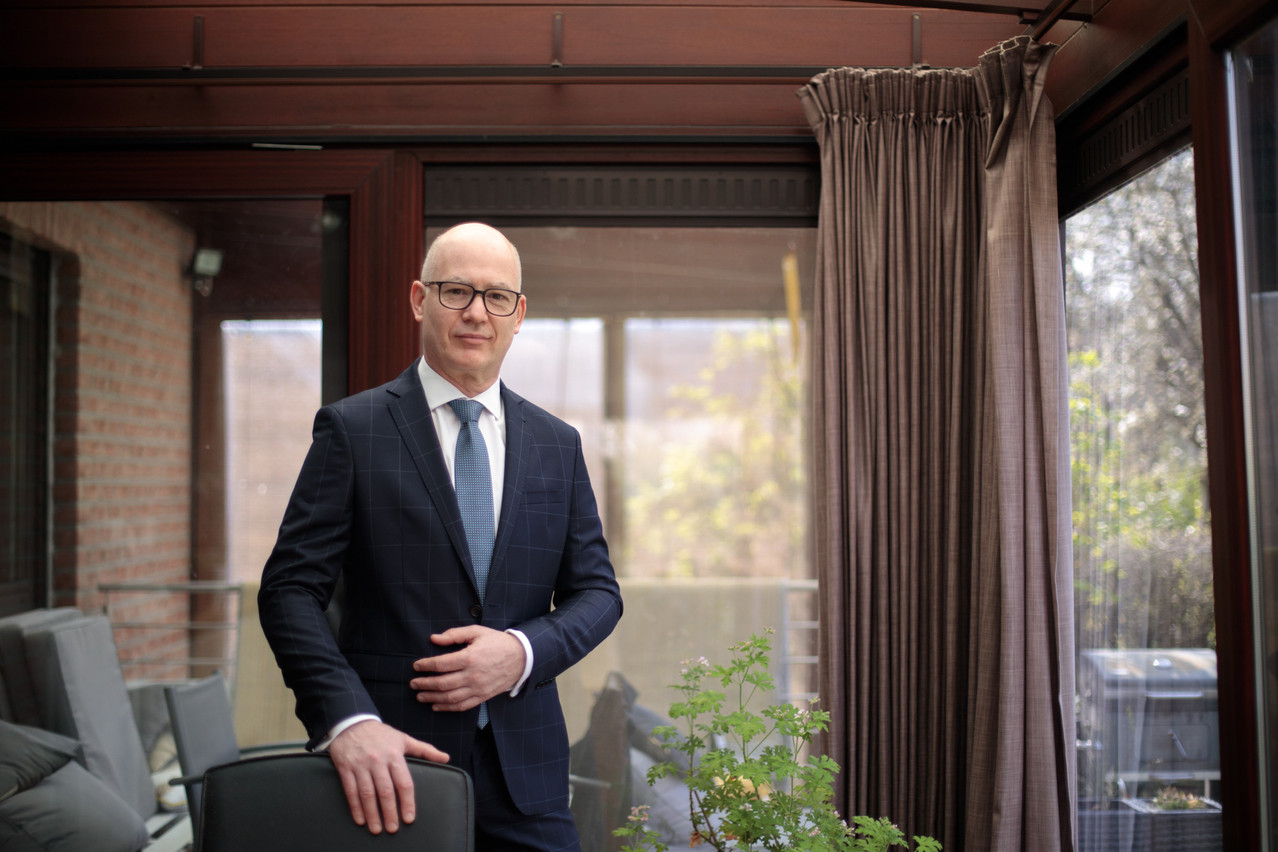“The traditional risks used to be credit, market, liquidity and value-at-risk with a bit of operational [risks],” Neuberg told Delano in an interview ahead of the conference. He observed that human resources, ESG and technologies are all increasingly important operational risk specialisations.
Can risk management have a holistic perspective?
“The key role of the risk management is to maintain the confidence of the investors,” said Neuberg. Therefore, the geopolitical risk, for instance, should be integrated in the risk management decision process and not simply in a stress-test-tick-the-boxes process.
The measurement tools are constantly improved and refined. However, they do not necessarily help in predicting events but rather in assessing a spectrum of likely scenarios that the management companies will be confronted with.
“Risk managers tend to spend too much of their time on measures and reporting and they do not have the time to make a holistic assessment,” complained Neuberg. Risk management should not only be seen as a reactive cost centre but a proactive function that can “think out of the box.”
Neuberg thinks that risk management should not only involve the risk manager but also the governance of the funds. At the micro level, the measures performed by the risk managers should be escalated to the fund boards which are responsible for decisions.
However, Neuberg noted “people like to listen and that they want to hear.” Very often in his career, he noted that escalating bad news upward in the organisation was not broadly accepted and it depends very much on the business culture of a firm.
Liquidity management is key to manage the next systemic crisis
When discussing the panel “Stop measuring liquidity, start preparing for the lack thereof,” Neuberg said: “one has to prepare for the war during peacetime.” He continued: “once the war has arrived, it is too late to prepare.” He explained that he started his career by measuring risk “to prepare for a crisis in order to avoid one.”
Risk management has been elevated in importance in Luxembourg as it is now part of the DNA of the funds as for ESG and AML
One can’t simply provide a one-fits-all advice on liquidity management given the very wide spectrum on instruments in Luxembourg funds “from traditional financial instrument to wines and watches,” in addition to the unique setup of every management company.
Many regulations, such as the money market fund directive, have helped by requiring liquidity stress tests. On the other hand, he complained that risk management has sometimes drifted towards a compliance approach in which ticking the boxes is probably too frequent.
Why is it so difficult to find risk managers?
Neuberg will speak on the “human resources” panel at the conference. “The needs are enormous and risk management does not entice enough newcomers in the business as it is not in front of the action.”
Not surprisingly, he is concerned about the challenges related to attracting new talents in Luxembourg, pointing to the real estate market prices but also to the “shortage of experts that have gone through two, three, four crises.”
On the other hand, Neuberg thinks that “risk management has been elevated in importance in Luxembourg as it is now part of the DNA of the funds as for ESG and AML” at all levels of the organisation. In other words, “every employee should be responsible for the various risk factors.”
Neuberg questioned whether there should not be annual trainings on risk management as for AML. “The purpose is not to become a risk manager but to have the good reflexes, the good triggers.” These trainings should aim at making all employees sensitive and reactive to events taking place around them.
Delano asked Neuberg whether a topic was missing at the conference. “It is the trigger event of the upcoming crisis,” said Neuberg.

